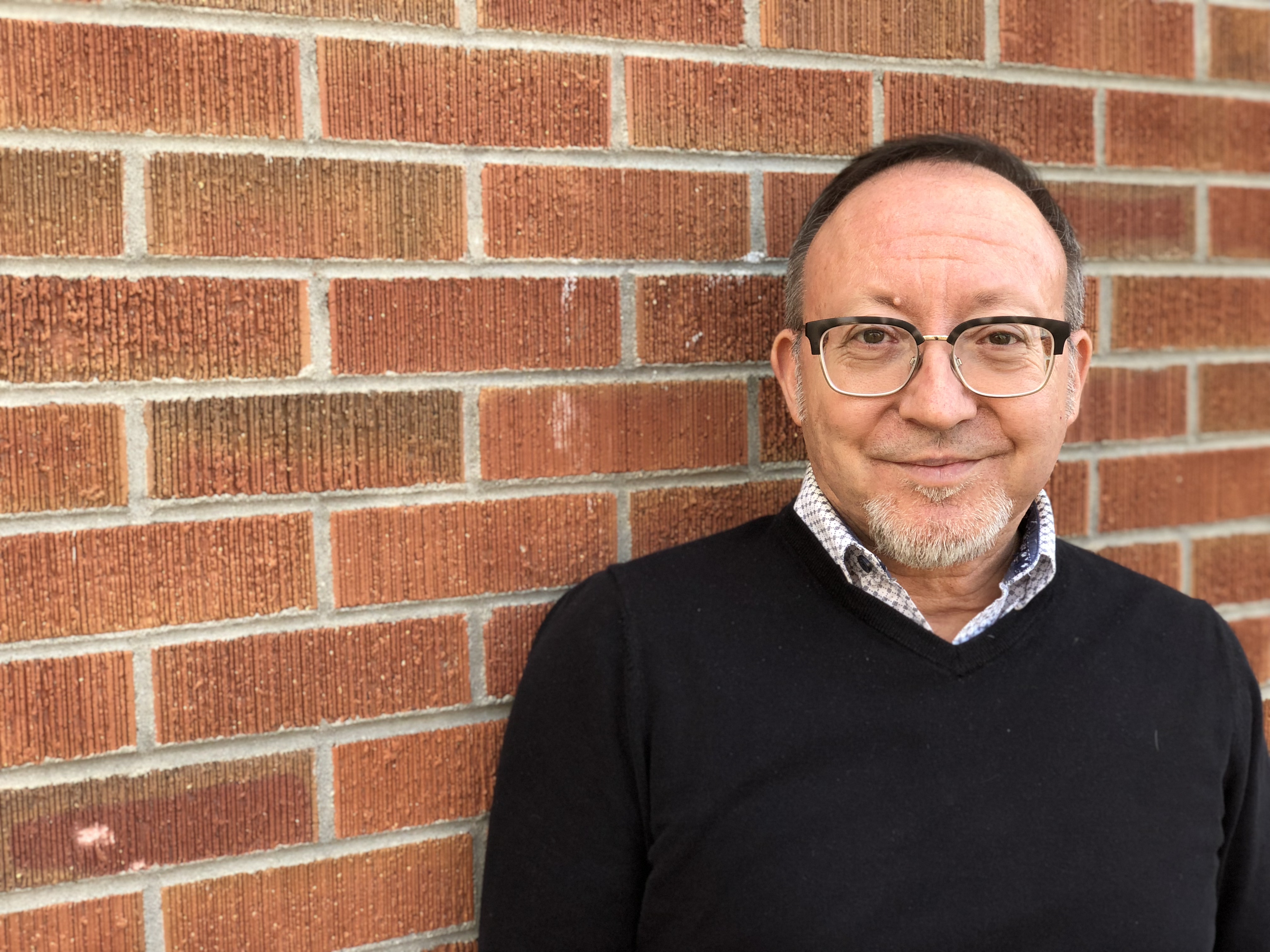Q & A at a Conference
I recently shared at my Presbyterian denominations national gathering. Many breakout workshops were offered over the span of days at the conference and my presentation was called “Offering Truth & Grace: The Transgender Experience”. An hour is set aside to unpack this very complex, nuanced topic which is always a challenge. Now most of the time at these gatherings, I’m running around like a crazy person looking for the room and a person who can help get my power point up and running. I’m not a very “techy” person, sadly. By some miracle as folks show up for my talk, the tech is done, handouts are on the chairs and I’m ready to launch in on the topic. In it, I go over some definitions, unpack gender dysphoria, share my own experiences, and offer some truth and grace lenses which I hope are helpful.
I’ve done this same talk several times over the last two years and have noticed some interesting things that have been shifting culturally regarding “trans ideology”. It would seem we’re noticing more and more pushback against institutions which encourage transitioning, especially those under the age of 18. Pushback on any topic is a good thing, it invites dialog and helps keep opposing opinions balanced. My point in adding this to the discussion was as Christ-followers it matters how we do “push back”. I added this information to my presentation and you can find it in my last blog (here). With about 10 minutes left after the teaching, now it was time for some “dreaded” Q&A.
Sifting Through the Questions
Why is it dreaded you ask? Well to be honest, I’m not very good at spontaneous questions and just not too fast on my feet thinking of responses. It feels more comfortable when other staff members are present, because between all of us we can hopefully come up with helpful answers to some complicated questions.
So here we go. After a few inquiries about help and resources for parents, a young woman raised her hand. It seemed it was her first time thinking about this topic for a barrage of questions came pouring out. One question pertained to gender identity—“aren’t these just a bunch of feelings?” Another question was about truth and grace —“grace is good and all, but when do I share the gospel?” I was definitely rattled now—my mind trying to figure out which question to formulate a response to. By “sharing the gospel” she later inferred her meaning was “when do I tell them they are wrong?” Even the word “abomination” came up—yikes!
Wow, this is really going off the rails fast, I mused. In my mind I was juggling how to care for this woman in the process, how to affirm her love for God’s truth and how to finally answer the question. I could feel the tension in the room increasing with the other participants. Just in time, another person asked in response—“aren’t we talking about different groups of people?” “Yes!—I’m saved,” was my relieving thought. I jumped on the opportunity and quickly shared about 4 groups of LGBTQ people. Interacting with each group (some faith-based and some not) is different, so sharing the gospel or God’s truth and grace is going to look different for each of these. This seemed to quell the tension in the room. Whew!—thank you Jesus.
My Story (and Others)
Of course, later in the afternoon many suitable responses flooded my mind—have you experienced that before? So, Jesus is full of grace and truth and looking at scripture applied it perfectly to the men and women surrounding Him. We on the other hand have to really think through the situation, the person and what is needed in the moment.
A valuable lesson learned walking away from this interaction would have been to simply share my own personal experience. I came back to my faith in Jesus 36 years ago because one Christian man was willing to enter my life and story. He was not an expert in LGBTQ issues. I had been wounded by Christians and was very hurt and angry at the church, which is why I had left my faith and lived in the Denver gay community. It’s not a stretch to imagine most LGBTQ folks feel this same way. When I felt brave enough to share my story with him here was his truth and grace response—“We probably have some differences in what the Bible says about this topic (truth), but I would really like to get to know you (grace)”. He was so inviting, and there was such desperation in my life, I accepted the invitation, and we began meeting weekly.
Huge declarations of truth and theology were not wanted or needed at this point in our friendship. I knew what the Bible said on this topic and had been bludgeoned by it from well intentioned Christians for years. There would need to be more safety and a deeper, earned friendship for those kinds of difficult conversations. I wanted to be sure I was loved and cared for and not a project—my heart couldn’t bear the truth until that had been established. Lots of grace and space up front and just like clockwork, the importance of God’s truths followed down the road. But I was ready and able to hear them now.
Why There’s No Formula
After sharing this same story with my friend Kim, who often assists me in making the arrangements for these Presbyterian trips, she had a wonderful pearl of wisdom to share. “Truth” and “trust” are from the same root word. Oh…perhaps this is why we can’t often hear painful places of truth until the trust in a person is earned and deepened. A lovely picture.
I often get questions like “Can you give me some things I might say to my LGBTQ “fill in the blank” person?” As if these few sentences will be like a “key” and open their minds to instantly repent and receive Jesus. “Sigh” I wish it were that easy but there is no one-size-fits-all formula but many variables in the mix. We’ll explore some of these variables next time.

Scott Kingry
Program Director
Although he holds a degree in graphic arts, he attributes his ministry qualifications to the “school of hard knocks.” God’s abundant grace continues to be the instrument of growth in his life, and he desires to be firmly grounded in the forgiveness and freedom of relationship with Jesus Christ.
Scott attends a Presbyterian Church.
Make a Difference in Someone's Life
If you enjoy reading WGA’s blogs and would like to show your support, please consider making a donation. Where Grace Abounds is a 501(c)3 non-profit organization. The majority of services, including support groups and discipleship counseling, are provided free of charge. Your financial gifts help to cover the costs associated with offering a free program to those who seek WGA’s services.

